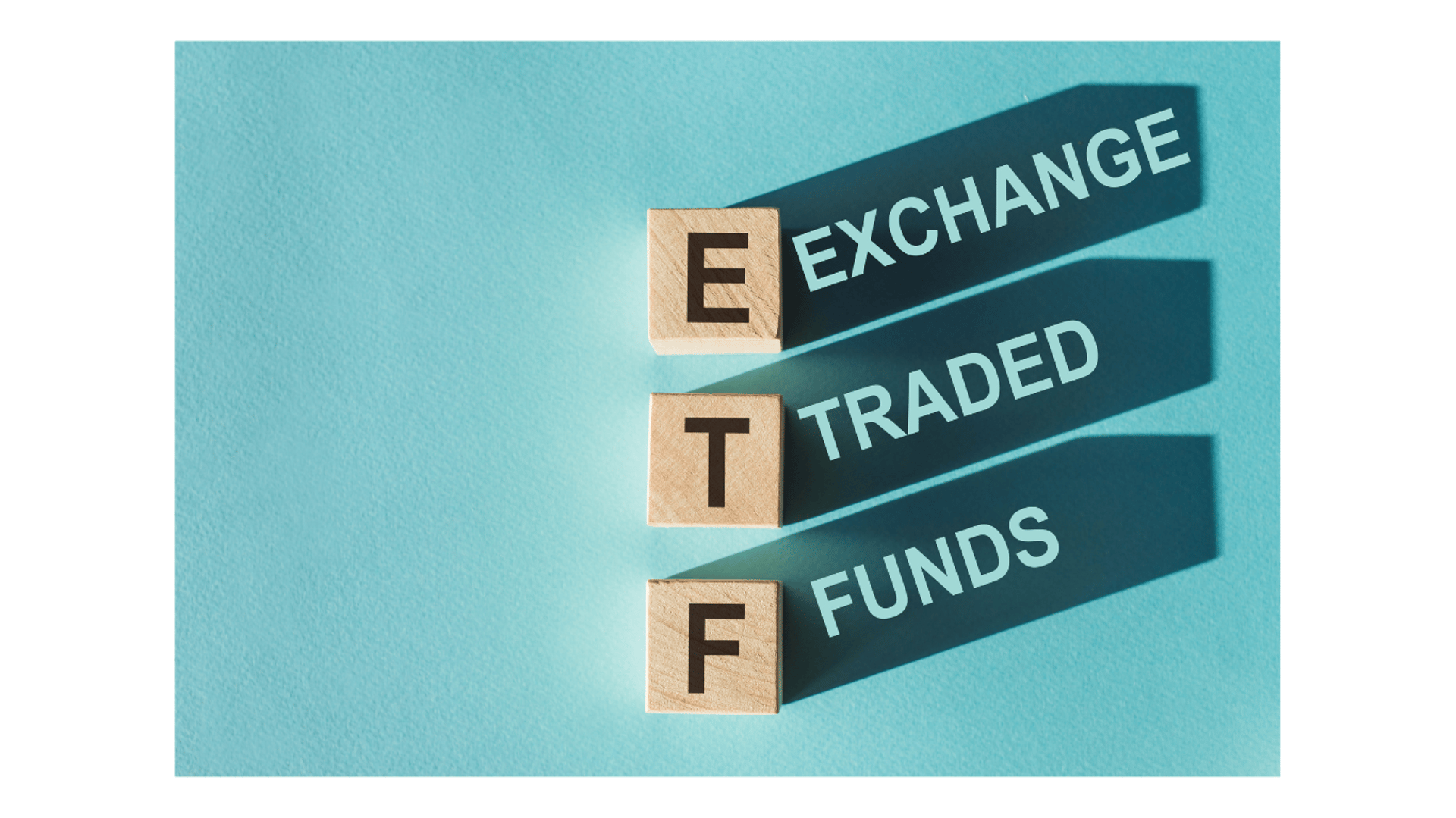CAPILIST ™
LEAD THE FUTURE ™

ETFs: An entire market in a single investment.
FINANCIAL INSTRUMENTS
Mauro Correro
7/15/20251 min read
An ETF (Exchange-Traded Fund) is an investment fund designed to track the performance of a variety of assets, such as indexes, bonds, commodities, and more.
ETFs are well-known financial instruments among investors because they offer several advantages.
One of their main benefits is diversification.
ETFs can hold a large number of underlying assets, allowing investors to spread risk within their investment portfolio using just one financial instrument. Moreover, ETFs generally have lower costs compared to buying individual assets, both in terms of purchase price and trading commissions.
Another key feature of ETFs is liquidity, as they can be easily bought and sold on the market, just like stocks.
There are different types of ETFs, and one of the first classifications divides them into two broad categories:
Actively Managed ETFs: Managed by professional investors aiming to outperform the market, also they require more frequent trading to adapt to market conditions. Generally more expensive due to higher management fees.
Passively Managed ETFs: Designed to track a specific index or asset class. Involve minimal trading activity and lower fees compared to active ETFs. They are suitable for long-term investors seeking broad market exposure.
Accumulation vs Distribution: ETFs can both keep and reinvest earnings (Acc) or distribute them (Dist.).
Accumulation is the best for long term investors, because reinvested dividends are not Taxable, and by being reintegrated, compound interest is working.
Another strong point about ETFs is that you may need only up to 2-3 of them to get an efficient Investment Portfolio, but on the other hand, you have to understand better what your goals are to reach them.
It is really easy to get confused because there are A LOT, some tracking the same index, commodities, company...but weighting them differently depending on which goal the instrument is trying to achieve.
Distribution is the best choise for mature investor, with an already grown capital.
When purchasing that kind of shares, pay attention to Taxes, commissions, other costs influencing the dividends.
They may be used during FIRE, keeping in mind that stocks dividends may not be regular.
On the other hand, Bond ETFs (for fixed coupons, or Mixed ETFs with a relatively high percentage of bonds) concern other risks, because your investing on the debt-covering capacity of more than one company, istitution, government...
